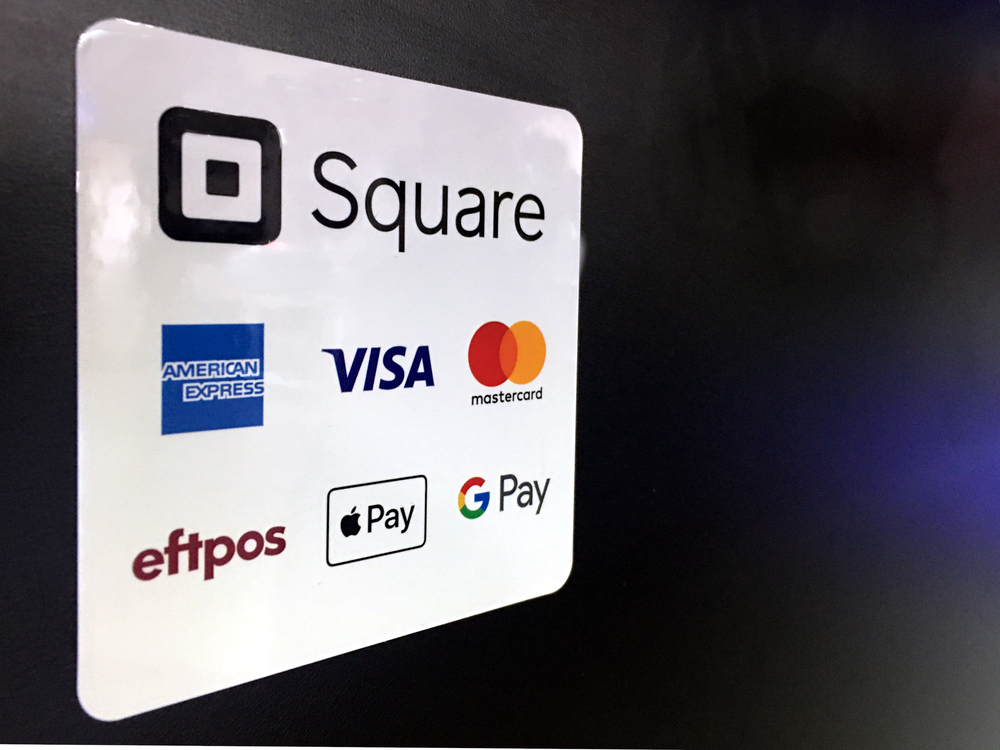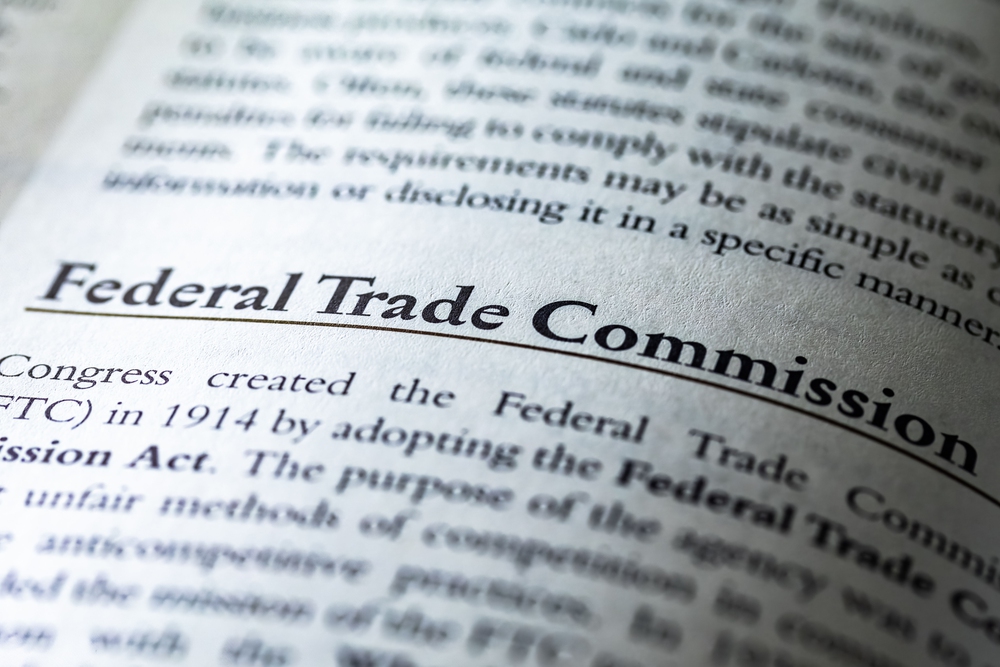
FTC Ramps Up AI Regulation with new Impersonation Rule
Apr 17, 2024 3 minutes
In a significant move to protect consumers and legitimate businesses, the Federal Trade Commission (FTC) has announced the implementation of the Impersonation Rule, which went into effect on April 11, 2024. This new rule specifically targets scams and deceptive practices involving the impersonation of government agencies and businesses, with a particular focus on the growing concern of AI-related scams.
As an AI business owner, you need to understand the implications of this rule and how it may impact your operations.
What is the FTC Impersonation Rule?
The Federal Trade Commission (FTC) has finalized the Government and Business Impersonation Rule, which prohibits the fraudulent impersonation of government entities, businesses, and their officials or agents. The rule classifies the following as unfair or deceptive acts or practices:
- Materially and falsely posing as, directly or by implication, a government entity or business.
- Materially misrepresenting, directly or by implication, affiliation with, including endorsement or sponsorship by, a government entity or business.
The prohibited conduct must be “material” and “in or affecting commerce”. The FTC clarified that certain activities, such as impersonation in purely artistic or recreational contexts, are not covered by the final rule.
The FTC cited the prevalence of impersonation scams and the billions of dollars in consumer losses as the primary reasons behind implementing the rule. The Impersonation Rule is part of the FTC’s ongoing efforts to combat fraudulent practices and toward consumer protection, especially in light of the Supreme Court’s decision in AMG Capital Management LLC v. FTC, which limited the agency’s ability to seek monetary relief for consumers.
The rule enables the FTC to seek civil penalties against violators and empowers the agency to more effectively fight impersonation scams by directly filing federal court cases aimed at forcing scammers to return the money they obtained through deceptive practices.
Public comments on the rule are being accepted through the month of April.
Compliant but not seeing conversions? We can help!
How the Impersonation Rule Affects AI Businesses
The FTC’s Impersonation Rule and the advance notice of proposed rulemaking (NPRM) towards the impersonation of individuals have significant implications for AI businesses. The rules aim to hold AI companies liable for providing goods or services that they know or have reason to know are being used to harm consumers through impersonation.
Under the supplemental notice of proposed rulemaking (SNPRM), AI businesses, such as platforms that create images, videos, or text, could face legal consequences if their services are used to impersonate individuals. This means that AI companies must be vigilant in monitoring how their technologies are being used and take proactive steps to prevent misuse.
Compliance with the Impersonation Rule and the proposed rule will require AI businesses to:
- Implement robust safeguards and monitoring systems to detect and prevent business impersonation scams facilitated by their AI tools.
- Establish clear terms of service and user agreements that prohibit the use of their AI technologies for impersonation purposes.
- Educate users about the potential risks and consequences of using AI for impersonation.
- Collaborate with regulators and law enforcement to address impersonation scams and share information about emerging threats.
Failure to comply or rule violations could result in significant legal and financial consequences for AI businesses, including civil penalties and consumer redress. Additionally, non-compliance could damage the reputation of individual AI companies and the industry as a whole, eroding consumer trust and hindering the adoption of AI technologies.
AI is a high-risk industry—connect with a high-risk payment processor to stay open.
Examples of AI Impersonation Scams
As artificial intelligence continues to advance, scammers are finding new ways to exploit this technology for fraudulent purposes. Some common types of AI impersonation fraud include:
- Voice Cloning Scams (Vishing): Scammers use AI to replicate the voice of a victim’s loved one, claiming to be in distress and urgently requesting money, or in telemarketing. For example, a scammer may call a parent, using an AI-generated voice that sounds like their child, and claim to have been in an accident or arrested, demanding immediate financial assistance.
- Phishing Scams: AI-powered tools can analyze vast amounts of data to create highly personalized phishing emails, messages, and chatbots. These sophisticated scams can mimic the language and tone of legitimate companies or gov entities, tricking victims into revealing sensitive information or clicking on malicious links.
- CEO Fraud: In this type of scam, a fraudster impersonates a company’s CEO using AI-generated emails or texts. The scammer then requests an employee to make an urgent payment or share confidential information, exploiting the employee’s trust in their superior.
- Deepfake Scams: Scammers can use AI to create convincing deepfake videos or audio recordings resulting in an imposter of real people. These deepfakes can be used to manipulate public opinion, commit identity theft, or extort victims.
Steps AI Businesses Can Take to Comply with the Rule
To comply with the FTC’s Impersonation Rule and the proposed supplemental rule targeting AI-assisted impersonation, AI businesses should take the following steps:
- Review and update terms of service: AI businesses should clearly prohibit the use of their technologies for impersonation purposes in their terms of service and user agreements. These documents should outline the consequences of misusing AI tools, such as account termination and potential legal action.
- Implement robust monitoring systems: AI companies should invest in advanced monitoring systems that can detect and flag potential impersonation scams facilitated by their technologies. These systems should be able to identify suspicious patterns, anomalies, and content that violates the company’s policies.
- Establish clear reporting mechanisms: AI businesses should provide users with easy-to-use reporting tools to flag suspected impersonation scams. These reports should be promptly investigated, and appropriate actions should be taken to prevent further misuse of the company’s AI technologies.
- Educate users about responsible AI use: AI companies should actively educate their users about the risks of AI-assisted impersonation and provide guidelines for using their technologies responsibly. This can include creating educational content, hosting webinars, and providing in-app tips and reminders.
- Collaborate with regulators and law enforcement: AI businesses should proactively engage with the FTC, other regulators, and law enforcement agencies to share information about emerging impersonation threats and collaborate on developing best practices for preventing AI misuse.
- Conduct regular risk assessments: AI companies should perform ongoing risk assessments to identify potential vulnerabilities in their technologies and processes that could be exploited for impersonation scams. These assessments should inform the development of new safeguards and the updating of existing ones.
- Invest in research and development: Small businesses should allocate resources to research and development efforts aimed at creating AI tools that are more resistant to misuse and better equipped to detect and prevent impersonation scams.
Benefits of Compliance for AI Businesses
Compliance with the FTC’s Impersonation Rule and the proposed supplemental rule targeting AI-assisted impersonation offers several key benefits for AI businesses:
- Building Trust with Consumers and Regulators: By adhering to the FTC’s rules and demonstrating a commitment to ethical AI practices, AI businesses can foster trust among consumers and regulators. This trust is crucial for the long-term success and adoption of AI technologies, as it reassures users that their interests are being protected.
- Competitive Advantage: AI businesses that prioritize compliance and develop regulation-ready AI systems can gain a significant competitive advantage. As the regulatory landscape evolves, companies that have already invested in compliance will be better positioned to navigate new requirements and maintain their market position.
- Enhancing Reputation and Brand Value: Compliance with the FTC’s rules helps AI businesses maintain a positive reputation and protect their brand value. By proactively addressing the risks of AI-assisted impersonation, companies can avoid the negative publicity and reputational damage that can result from non-compliance or involvement in impersonation scams.
- Mitigating Legal and Financial Risks: Compliance with the FTC Act can help AI businesses mitigate the legal and financial risks associated with AI-assisted impersonation. By implementing robust safeguards and monitoring systems, companies can reduce the likelihood of their technologies being misused and avoid potential fines, penalties, and legal action.
- Driving Innovation and Responsible AI Development: The FTC’s rules can serve as a catalyst for AI businesses to invest in research and development efforts aimed at creating more secure, transparent, and ethically-aligned AI systems. By prioritizing responsible AI development, companies can contribute to the overall advancement of the AI industry while mitigating potential risks.
- Attracting Investment and Partnerships: AI businesses that demonstrate a strong commitment to compliance and responsible AI practices are more likely to attract investment and forge valuable partnerships. Investors and potential partners are increasingly prioritizing ethical considerations and regulatory compliance when evaluating AI companies.
By embracing compliance with the trade regulation rule on impersonation and the proposed supplemental rule, AI businesses can not only protect themselves from legal and reputational risks but also position themselves as leaders in the development of trustworthy, responsible, and regulation-ready AI technologies.





14 thoughts on “FTC Ramps Up AI Regulation with new Impersonation Rule”